20221021
<Corporate Sandwiches>Seeing is not the same as Observation

When training new employees, I like to give them an exercise that making a real and feasible improvement suggestion in the company. Some colleagues will start from a high point of view, while some will mention small daily matters. Each suggestion reflects a different temperament and is very interesting. The point of this exercise is to see how colleagues observe the reality. Therefore, as long as the answer is actually observed by colleagues, the answer will basically pass but the score depends on the feasibility of the suggestion. Those who did not pass the test did not know the situation of any companies for the first time, and directly applied it to the company based on their own preferences or online survey results.
It's not an observation if you don't think about what you see.
For me, seeing and observing are different things. To see is to see something, but to observe is to go through a process of thought. The observer will analyze the cause and effect of the thing. I use an example during training to explain. I asked a colleague to provide a case of observation in life. A colleague said that he observed that prices will be reduced in market for a period of time before closing, so it is the most economical to go shopping during this time.
Price will be reduced in market before closing > should go shopping before closing
This is only a superficial observation. You can draw a conclusion from the observation that when is the most beneficial time for you. This observation is incomplete because this conclusion does not occur in the real world. Not most people go shopping before closing time, so this observation is incomplete.
The human brain is very powerful. Even if we don’t think about what we see, it will still absorb it and form a feeling, which is intuition. The more you look and the more carefully you look, the more accurate your intuition will be. Even without effectively organizing this information, we can intuitively give a rough answer.
Intuition alone is not accurate enough. If we want to go further and have a deeper observation of things, we need to rethink the price reduction mechanism of the vegetable market. We'll consider why people choose to go to the market early to buy groceries even when things are the cheapest before closing time. My inference is this:
Price will be reduced in market before closing > Going to buy vegetables in market is for cooking, but there is no time to wait for the discount period > The price reduction will not affect the buying habits of target customers
While this inference is not necessarily correct, we can get closer to the truth as we see more information. Deeper observation can help us notice the workings behind things. With this knowledge, we can go further and use our observation.
Shallow observation becomes intuition, deep observation evolves insight.
Only deep observation can help us deepen our understanding of things, which evolves into insight. Insight is something that take advantage of the conclusions before other opponents, and make quick actions or strategies based on the conclusions after you understand how the whole thing works. A butcher shop that doesn't sell overnight meat just took advantage of this observation and is now becoming a listed company. Their inference is roughly:
The price reduction will not affect the buying habits of target customers > Gradual price cuts to free at night won't affect sales > Meat products advertised as fresh daily are more attractive to target customers > Sales improve
Observation and insight are to be cultivated. If we can get used to observing everything and analyze the reasons for each observation, it will become one of the mental models of the brain over time. However, the quality of insight is determined by knowledge and analogy. Therefore, everyone's insight is different for the same thing.
How to train observation?
It is not difficult to train colleagues' observation skills. The supervisor can arrange for colleagues to perform several observations in life every week according to the nature of the work. For example, I will ask my colleagues to watch an advertisement that appears around me every day, tell me why I choose this advertisement, and analyze the quality of this advertisement. The purpose of training is to develop the habit of thinking about certain things when you see them. Once an automatic mental model is developed, observation will naturally grow based on experience.
Simon So
Head of Digital Marketing
Previous Article
Extended Reading
<Markets Analysis>Fed Slows Rate Hikes, Alters Market Expectations
BY Group Branding and Promotion FROM Hantec Group
《中澳友好經濟論壇》圓滿落幕
BY Andrew lou FROM Hantec Markets (Australia) PTY Limited, HMA; Hantec Group
"Yangzhou Impression" New Book Conference (Hangzhou Station)
BY Group Branding and Promotion FROM Hantec Group
06A, Building 5, Lecheng International, No.76, South 2 Road, Baiziwan, Chaoyang District, Beijing
(86) 10 8515 1011
Unit 4614, 46/F, COSCO Tower, 183 Queen’s Road Central, Hong Kong
(852) 2214 4288
11F., No.197, Jingmao 2nd Rd., 115 Nangang Dist., Taipei City, Taiwan
(886) 2-2653 8199